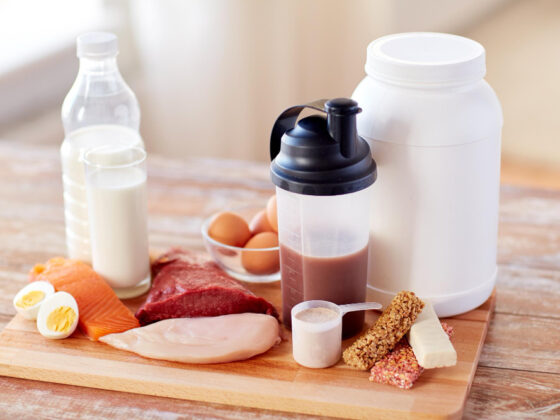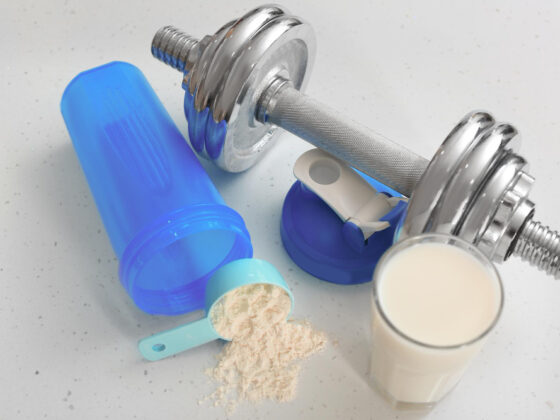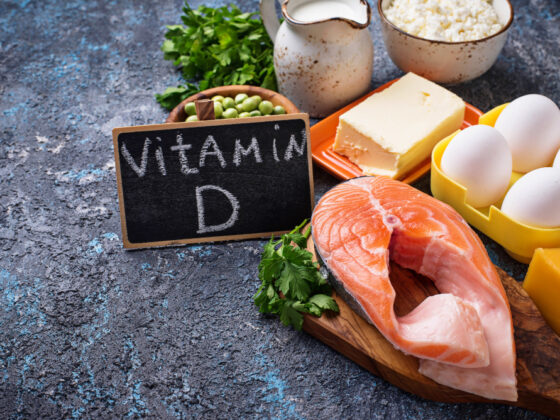Table of Contents Show
✍️ AI is summarizing:
Understanding the best protein sources for athletes is essential for maximizing muscle recovery, endurance, and overall performance. While opinions on protein needs vary widely, recent research by sports nutrition expert Daniel Moore provides clarity on how much protein athletes truly require and the most effective protein sources for supporting athletic goals.
Related post:
- Essential Exercises for New Runners You Should Know
- The Essential Pistachios Health Benefits in Your Daily Diet
- Are You Hitting Your Macros and Micros Nutrition Needs?
Best protein sources for athletes: More than just muscle repair
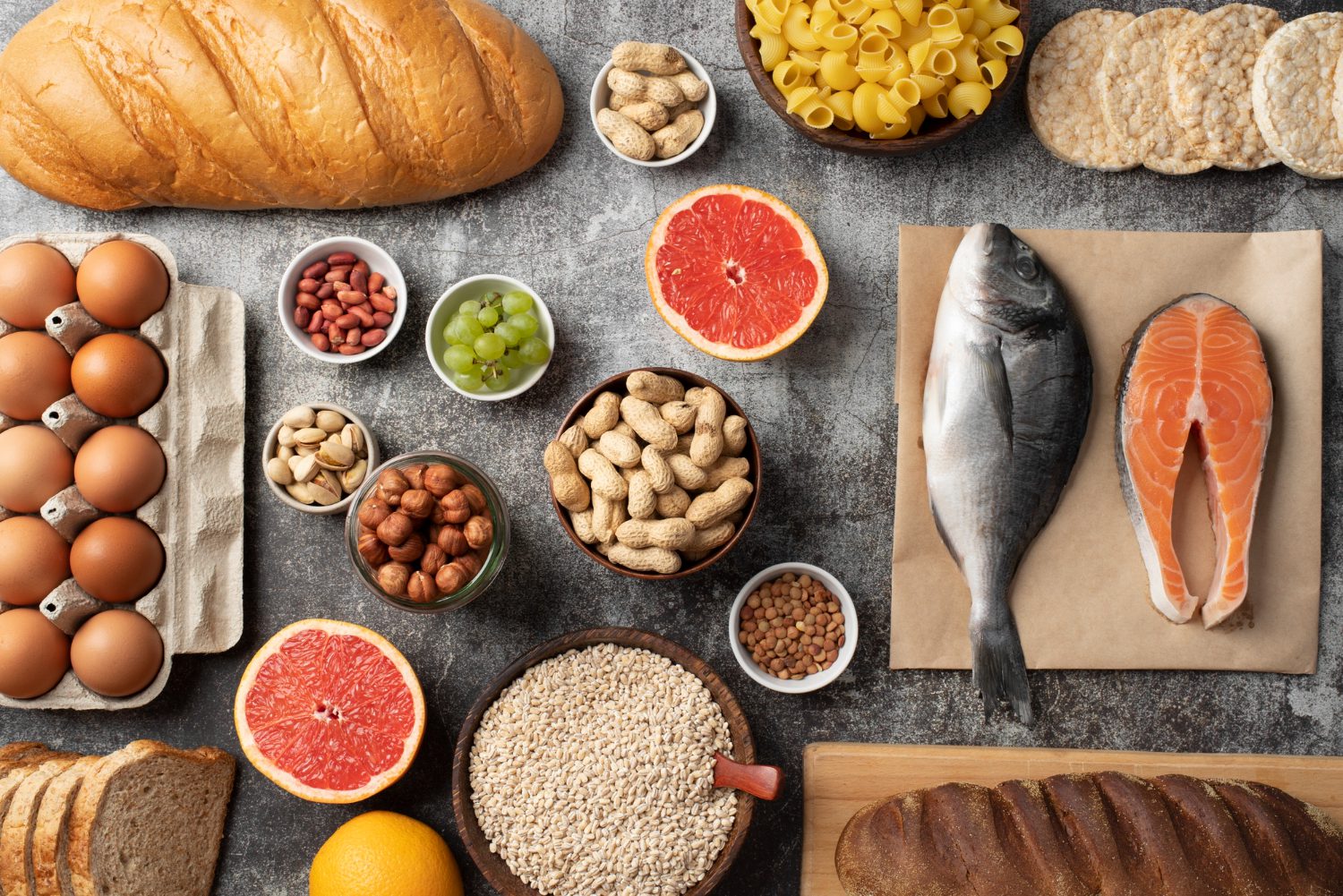
Protein is widely recognized for its role in muscle repair and growth, but its benefits extend far beyond that. During training, athletes experience muscle breakdown and consuming high-quality protein provides essential amino acids for rebuilding. Additionally, protein plays a vital role in refueling and hydration.
Studies show that consuming a recovery drink combining carbohydrates and protein can accelerate glycogen replenishment in muscles. Moreover, protein can enhance fluid retention, which is crucial for maintaining hydration levels—especially in endurance sports. Including the best protein sources for athletes in post-workout nutrition can significantly impact overall recovery and performance.
Why endurance athletes need the best protein sources for athletes

Endurance athletes may not prioritize muscle mass as much as strength athletes, but they still require adequate protein for muscle repair and recovery. The repeated physical stress of endurance activities leads to muscle damage, increasing the need for essential amino acids.

Research suggests that endurance athletes should consume around 1.6 grams of protein per kilogram of body weight daily to maximize recovery. However, Moore’s findings indicate that a safer target is between 1.8 to 1.9 g/kg/day to ensure optimal muscle maintenance. Many endurance athletes naturally consume enough protein through their total daily caloric intake, making excessive supplementation unnecessary.
By incorporating the best protein sources for athletes into their meals, endurance athletes can meet their protein needs without over-relying on supplements.
The myth of excess protein is the best protein source for athletes

A common misconception is that consuming more protein leads to greater muscle gains. However, research shows that muscle-building benefits peak at around 1.6 g/kg/day. Consuming protein beyond this threshold does not significantly enhance muscle mass.
This finding underscores the importance of choosing the best protein sources for athletes rather than simply increasing total intake. Prioritizing protein quality and distribution throughout the day is far more effective than consuming excessive amounts.
Diverse protein choices: Best protein sources for athletes
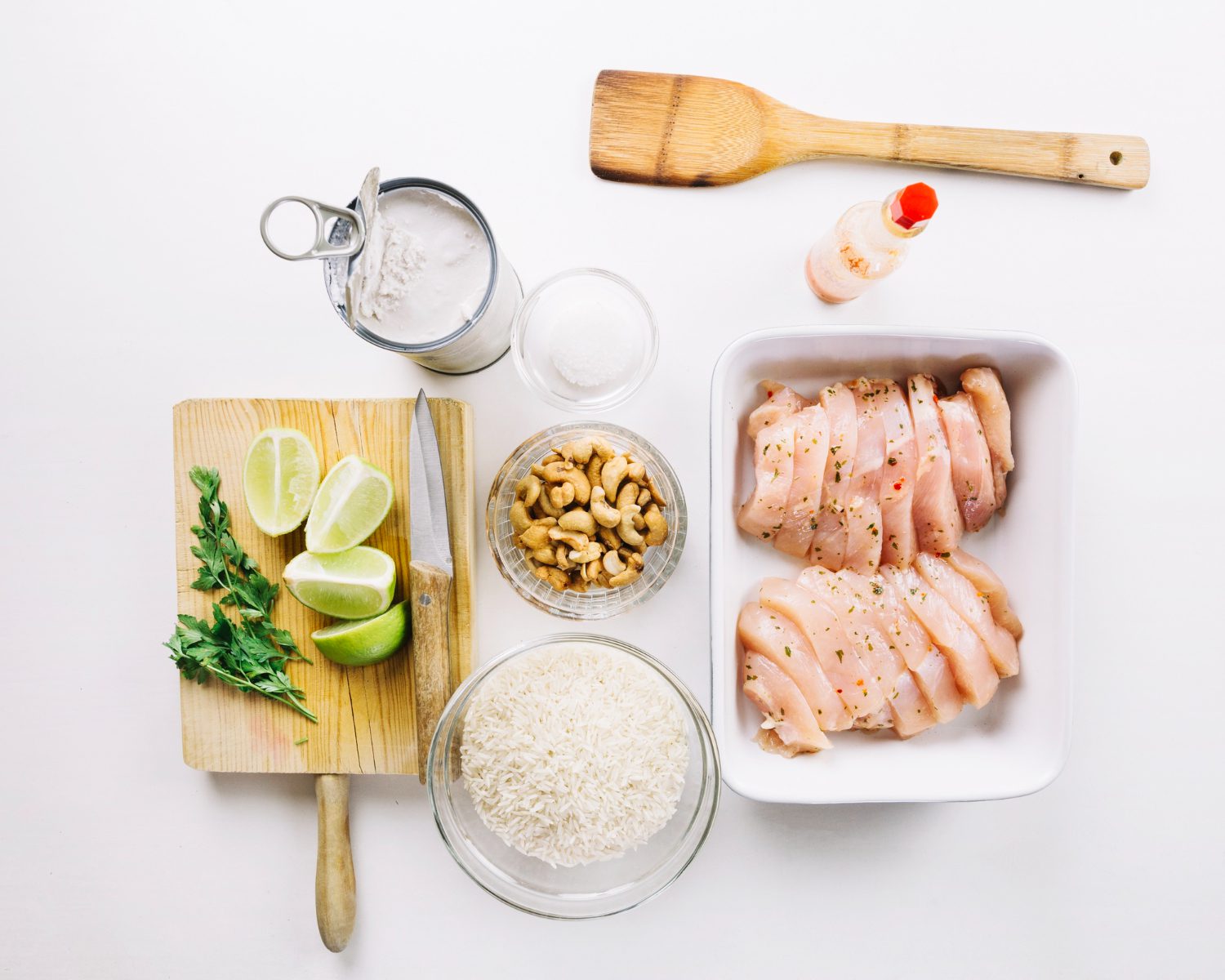
While whey protein is popular for muscle growth, athletes have a variety of high-quality protein sources to choose from. Research highlights that plant-based proteins, such as corn, pea, brown rice, and canola protein, can be just as effective as whey in supporting muscle synthesis.
Athletes can diversify their protein intake by incorporating:
- Animal-based options: chicken, fish, eggs, lean beef, Greek yogurt.
- Plant-based sources: lentils, quinoa, tofu, tempeh, nuts, seeds.
- Blended protein powders: pea, rice, and canola protein blends.
By focusing on the best protein sources for athletes, individuals can meet their protein needs while also supporting overall health and digestion.
Practical guidelines: How to incorporate the best protein sources for athletes
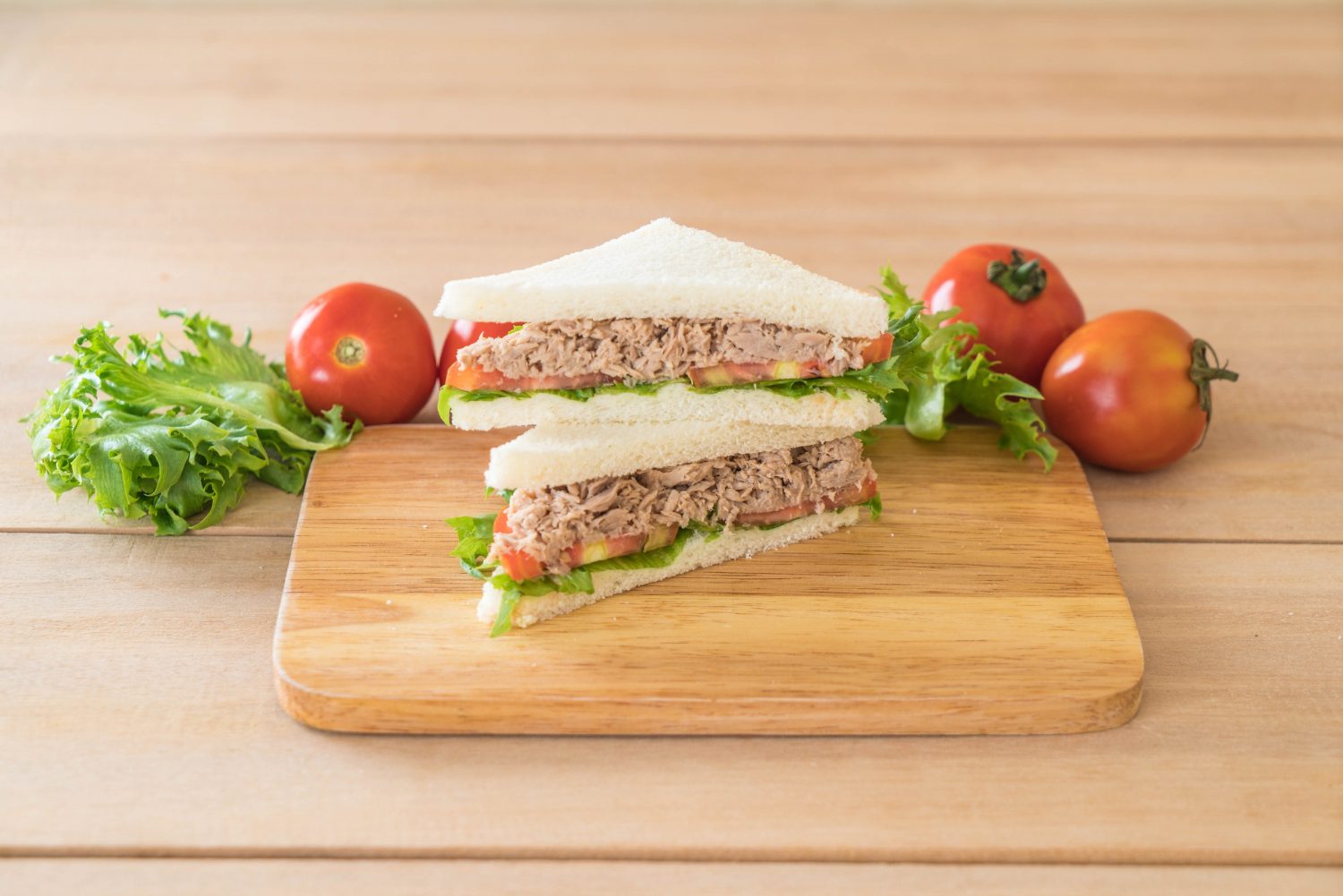
To help athletes optimize their protein intake, Moore offers four key recommendations:
- Eat regularly: Space meals and snacks three to five hours apart.
- Measure protein intake: Target approximately 0.3 grams of protein per kilogram of body weight per meal.
- Prioritize whole foods: Whenever possible, choose real food sources over processed supplements.
- Meet overall nutritional needs: Ensure adequate calorie and macronutrient intake for training and recovery.
For example, a 65 to 70 kg athlete should aim for about 20 grams of protein per meal, which can be easily met with:
- A tuna sandwich
- A couple of eggs with toast and milk
- A serving of Greek yogurt with nuts and berries
These practical strategies ensure that athletes fuel their bodies efficiently with the best protein sources for athletes.
For athletes looking to optimize their nutrition and performance, tracking your protein intake is key. Download the ExoTrails app today to plan your meals, monitor your progress, and elevate your training with expert-backed insights!
Conclusion
Protein is a cornerstone of athletic nutrition, playing a crucial role in muscle repair, endurance, and performance. Understanding the optimal intake and selecting the best protein sources for athletes can make a significant difference in training outcomes.
By following updated guidelines and focusing on high-quality protein sources, athletes can fuel their bodies effectively, enhance recovery, and avoid the pitfalls of excessive protein consumption. Making informed choices about protein can lead to sustained performance improvements and overall well-being. Follow ExoTrails on Facebook for your daily dose of travel inspiration and tips.






